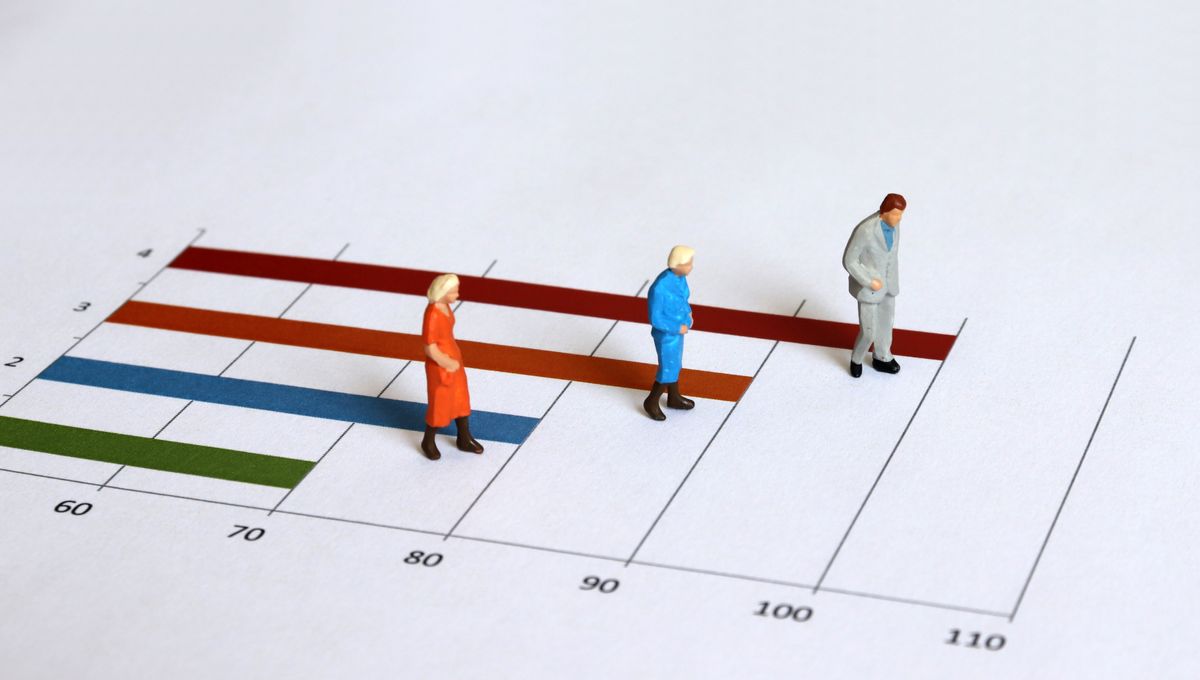
Researchers have found that Americans have lower survival rates than Europeans. This result was consistent across all wealth levels, even among the wealthiest Americans who still lived longer than their poorer counterparts, but not as long as Europeans.
Over the last six decades, America has witnessed a significant transfer of wealth from the middle classes to the wealthy. This change has driven up inequality across the country, and although other high-income nations have seen similar growths in wealth inequality, they have been less pronounced. Worryingly, alongside this transfer, Americans are experiencing progressively shorter life expectancy, especially among the poorest citizens.
This is obviously an important concern, but how do these disparities between wealth and health in the US compare to that in other countries?
In their latest study, researchers with Brown University compared data – collected from the US Health and Retirement Study and Europe’s Survey of Health, Ageing and Retirement – for more than 73,000 adults in the US and different regions of Europe. The data related to people who were aged between 50 and 85 in 2010, allowing the team to assess how wealth affects a person’s chances of dying. The results show that people with more wealth tend to live longer than those with less wealth, especially in the US where the gap between the rich and poor is more extreme than in Europe.
However, the results also showed that at every wealth level in the US, mortality rates were higher than in the parts of Europe featured in the analysis. Even the wealthiest Americans had shorter lifespans than the wealthiest Europeans. Moreover, in some cases, the wealthiest Americans have a life expectancy on par with the poorest people living in Germany, France, and the Netherlands.
“The findings are a stark reminder that even the wealthiest Americans are not shielded from the systemic issues in the US contributing to lower life expectancy, such as economic inequality or risk factors like stress, diet or environmental hazards,” Irene Papanicolas, a professor of health services, policy and practice at Brown, explained in a statement.
“If we want to improve health in the US, we need to better understand the underlying factors that contribute to these differences – particularly amongst similar socioeconomic groups – and why they translate to different health outcomes across nations.”
The results really are dramatic. According to the study, the death rate for those in the wealthiest quartile was 40 percent lower than for those in the poorest quartile, but people in Continental Europe died at rates around 40 percent lower than those in the US. People in Southern Europe had estimated death rates around 30 percent lower than their American counterparts during the study period. In comparison, the death rates among Eastern European participants was 13 to 20 percent lower.
“We found that where you stand in your country’s wealth distribution matters for your longevity, and where you stand in your country compared to where others stand in theirs matters, too,” Sara Machado, a research scientist at Brown’s Center for Health System Sustainability, added.
“Fixing health outcomes is not just a challenge for the most vulnerable – even those in the top quartile of wealth are affected.”
The research demonstrates the US’s weaker social safety nets and structural disparities contribute to poorer survival rates, regardless of wealth. Although these shortcomings hit the poorest citizens the hardest, the wealthiest Americans are also vulnerable. These findings are also impacted by systemic cultural and behavioural factors, including diet, smoking, and social mobility.
The team also found a strange “survival effect” in the US, where poorer people with worse health outcomes were more likely to die early, which leaves behind a population that appears healthier and wealthier as age groups progress. However, this is an illusion. In reality, the poorest individuals are just dying earlier.
“Our previous work has shown that while wealth inequality narrows after 65 across the U.S. and Europe, in the US it narrows because the poorest Americans die sooner and in greater proportion,” Papanicolas added.
The results of this study are sobering, calling for action for policymakers to address the widening wealth-mortality gap in the US. In particular, there is a need to adopt policies that go beyond the health system’s shortcomings.
“If you look at other countries, there are better outcomes, and that means we can learn from them and improve,” Machado explained. “It’s not necessarily about spending more – it’s about addressing the factors we’re overlooking, which could deliver far greater benefits than we realize.”
The study is published in The New England Journal of Medicine.
Source Link: Americans Live Shorter Lives Than Europeans – Even The Wealthiest Are Falling Behind